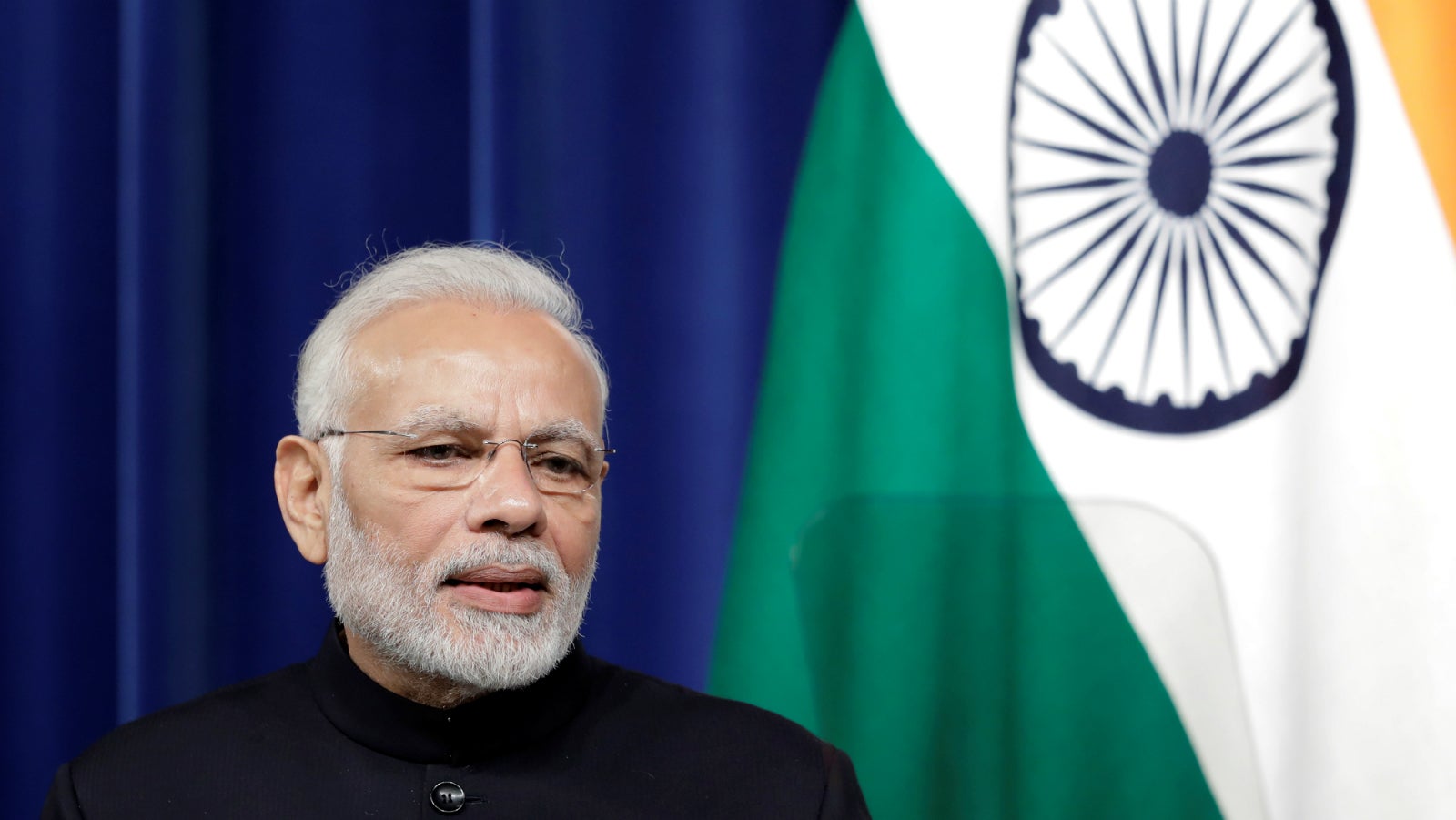Budget 2019: Modi just attempted a surgical strike to retain power
As expected, the Narendra Modi government’s budget for financial year 2020 seems to have been crafted with a single focus: India’s upcoming parliamentary election.


As expected, the Narendra Modi government’s budget for financial year 2020 seems to have been crafted with a single focus: India’s upcoming parliamentary election.
The budget speech for fiscal 2020, delivered by interim finance minister Piyush Goyal in parliament today (Feb. 01), was loaded with populist measures, including sweeping tax cuts for India’s middle class, a new income support scheme for farmers, and a new pension plan for labourers.
Targeting the country’s farming population—a huge voter base which employs over 50% of Indians—the government has committed to spending Rs75,000 crore ($10.5 billion) during the financial year starting April 01 on a new scheme that would provide Rs6,000 per year for farmers who have up to two hectares of land.
Farmer distress was widely cited as a reason why the ruling Bharatiya Janata Party (BJP) was trounced by the opposition Congress party in three key state elections last December.
The Congress was quick to criticise the announcement about the farmers’ income assistance, saying it does not go far enough. Just after the announcement, party spokesperson Sanjay Jha dubbed it “cosmetic support.”
In the run-up to the election, expected sometime in May, the Congress has been engaged in a game of populist chicken with the BJP. A few days ago the main opposition party announced its intent to roll out a universal basic income programme for the poor, almost immediately sparking doubts over its feasibility.
While Goyal did not include any such provisions, he announced a new mega pension scheme for workers in the organised and unorganised sectors, guaranteeing them a monthly income of Rs3,000 when they retired.
Another dramatic move was the sweeping tax cuts for the middle class. While previously, the cutoff for tax exemption was at an annual income of Rs2.5 lakh, a full rebate will now be extended up to earnings of Rs5 lakh.
Even taxpayers with an annual gross income of up to Rs6.5 lakh can now be tax-exempt, Goyal said, if they invest their money in tax-saving schemes and provident funds.
Goyal claimed that around 30 million middle-class taxpayers would get relief from this change.
He also spent ample time praising the ruling BJP government’s five-year term, saying it had “set the stage for decades of high growth.” The interim finance minister said the government’s Saubhagya Yojana scheme had helped ensure nearly all households have electricity, and the Ujjwala Yojana scheme had provided 80 million households with cooking-gas connections.